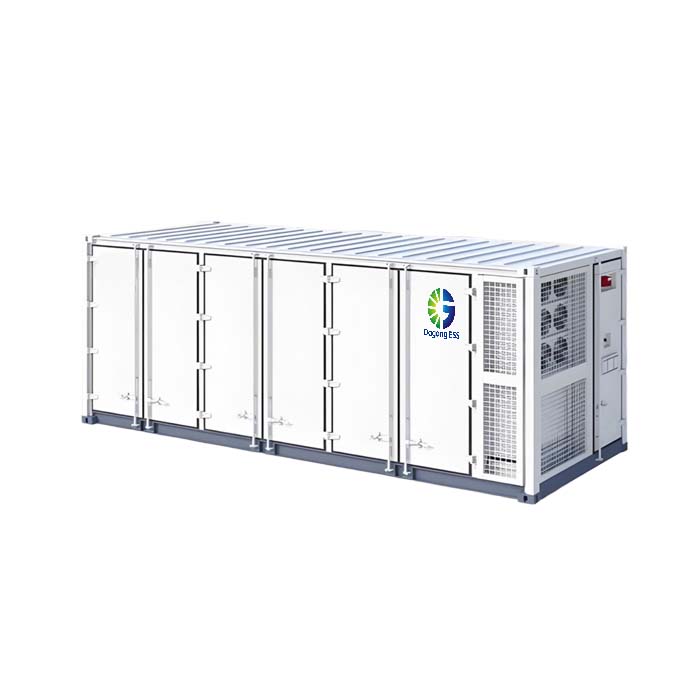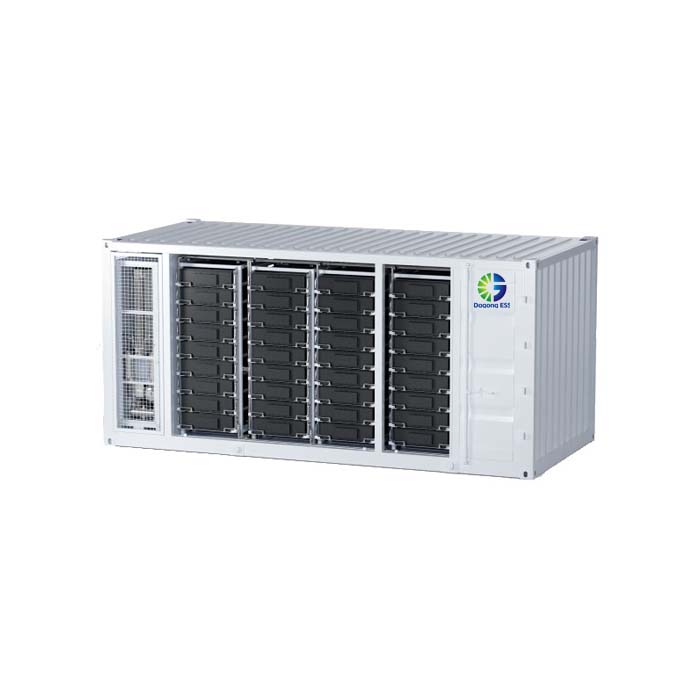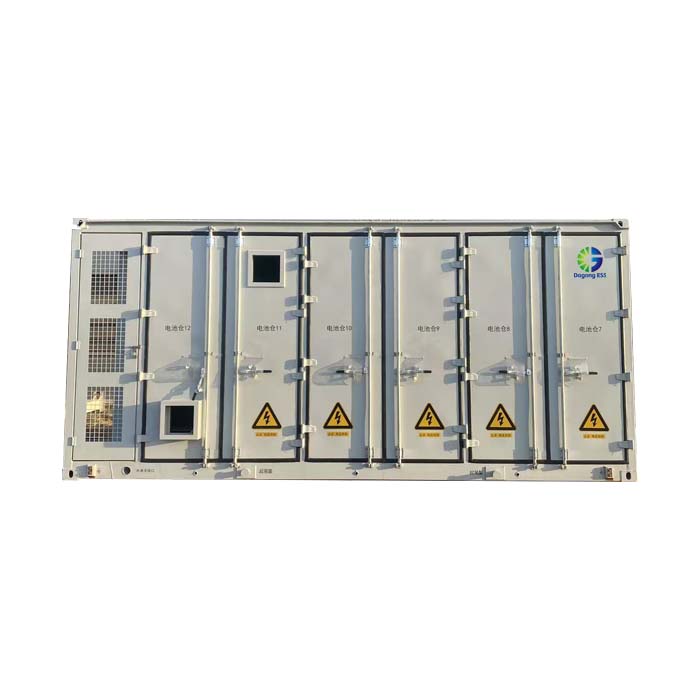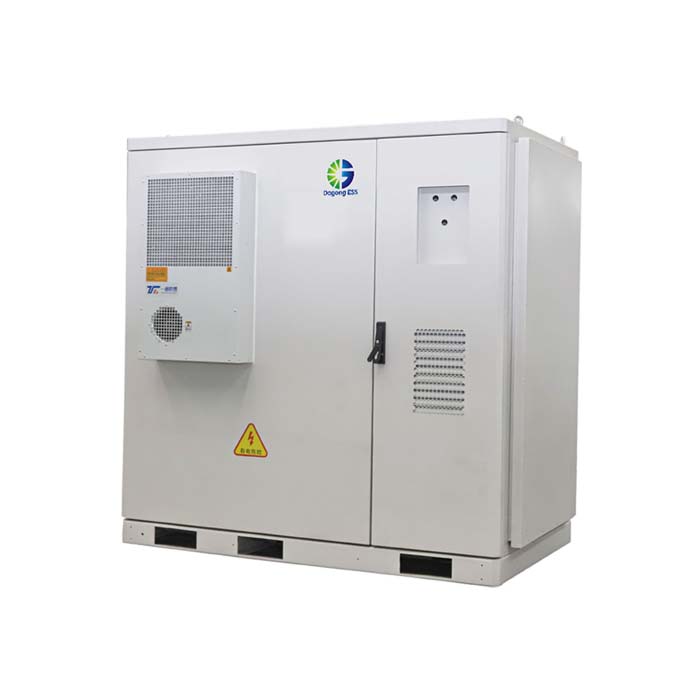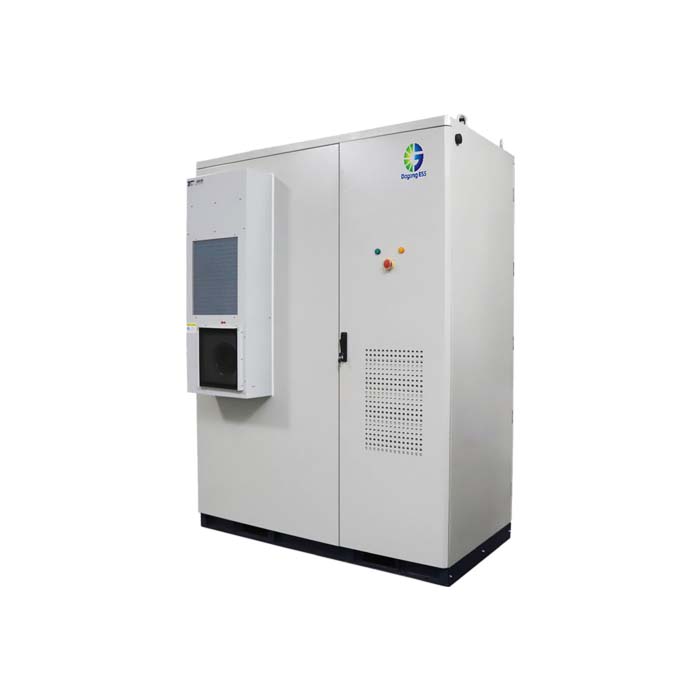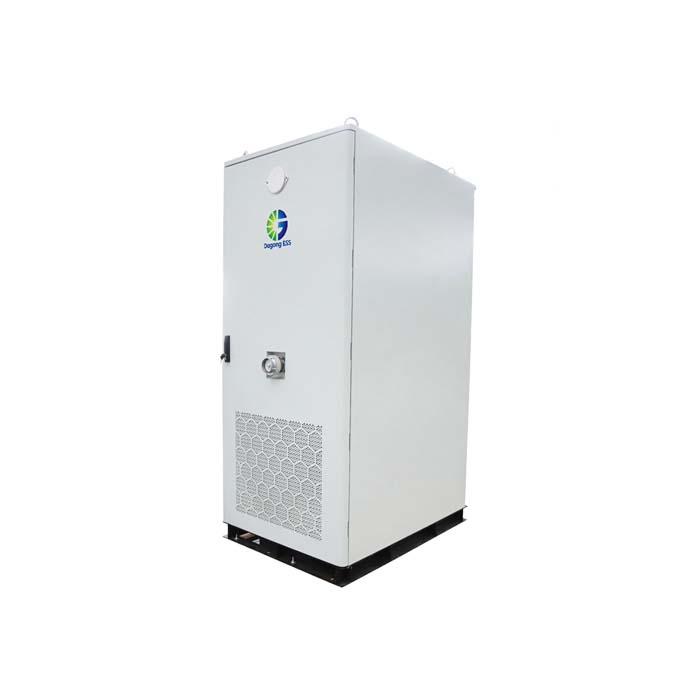What is Energy Management System (EMS)?
What is EMS (Energy Management System)?
An Energy Management System (EMS) is a comprehensive control platform designed to monitor, optimize, and automate the generation, storage, and consumption of electrical energy in power systems. EMS is crucial in energy storage applications, as it coordinates various subsystems such as inverters, battery management systems (BMS), and grid interfaces to ensure safe and efficient operation. In smart grids and distributed energy scenarios, EMS acts as the central brain that enables peak shaving, load shifting, frequency regulation, and real-time energy optimization.
Types of EMS
Residential EMS – Designed for home energy storage systems, usually integrated with solar PV and smart appliances.
C&I EMS (Commercial & Industrial) – Tailored for factories, data centers, and business facilities to manage energy use and reduce electricity bills.
Utility-Scale EMS – Used in large-scale renewable energy plants and energy storage stations to control power dispatch and participate in grid services.
Cloud-Based EMS – Offers remote control and data analytics via the cloud, suitable for multi-site energy management.
AI-Driven EMS – Uses machine learning algorithms to predict energy usage patterns and optimize system behavior proactively.
Features of EMS
Real-Time Monitoring: Tracks key parameters such as SOC, SOH, power flow, and temperature.
Smart Dispatch: Allocates power between loads, grid, PV, and batteries to maximize economic benefits.
Data Logging & Reporting: Records historical data and provides performance analytics.
Remote Access & Control: Enables cloud-based platform access for operation and maintenance.
Grid Compliance: Supports protocols like Modbus, IEC 61850, DNP3, and more.
Safety Protection: Coordinates with BMS and PCS to prevent overcharge, over-discharge, and overheating.
Applications of EMS
Peak Shaving and Valley Filling in commercial buildings
Microgrid Control in remote or island communities
Virtual Power Plants (VPP) aggregation and dispatch
Backup Power Management during grid outages
Industrial Demand Response participation
Carbon Emission Reduction through optimized energy usage
Price of EMS
The cost of an Energy Management System depends on the scale of deployment, software complexity, hardware interface needs, and integration depth with third-party systems. Basic EMS for residential use may cost a few hundred dollars, while enterprise-grade or AI-driven EMS platforms can range from thousands to tens of thousands of dollars.
Pricing is typically quoted based on international trade terms such as EXW (Ex Works), FOB, or CIF, depending on project location and logistics preferences. For an accurate quotation tailored to your specific needs, it is recommended to consult with the supplier directly.
How to Select EMS for Your Project?
When selecting an EMS, consider the following factors:
Project Scale and Application Type
Integration Compatibility with existing hardware (PV inverters, batteries, smart meters)
User Interface & Cloud Functionality
Communication Protocol Support
After-Sales Support and Upgrade Options
Local Grid Policy Compliance
Choose a supplier who can offer customizable EMS solutions that fit your technical and commercial needs.
How Long Does EMS Last?
An EMS typically has a service life of 8 to 15 years, depending on its build quality, environmental conditions, and software support. Regular firmware updates, cloud upgrades, and hardware maintenance can significantly extend its effective lifespan.
The Supplier of EMS
Dagong ESS is a trusted provider of energy storage systems equipped with advanced EMS solutions. With both air-cooled and liquid-cooled ESS products, Dagong ESS offers full-stack system integration including EMS, BMS, PCS, and cloud monitoring platforms. Whether you need a residential EMS, a commercial AI-driven dispatch platform, or a utility-grade control system, Dagong ESS provides customized services to meet diverse global requirements.
For inquiries or project consultation, please contact:
Email: sales@dagongess.com
Website: www.dagongess.com


